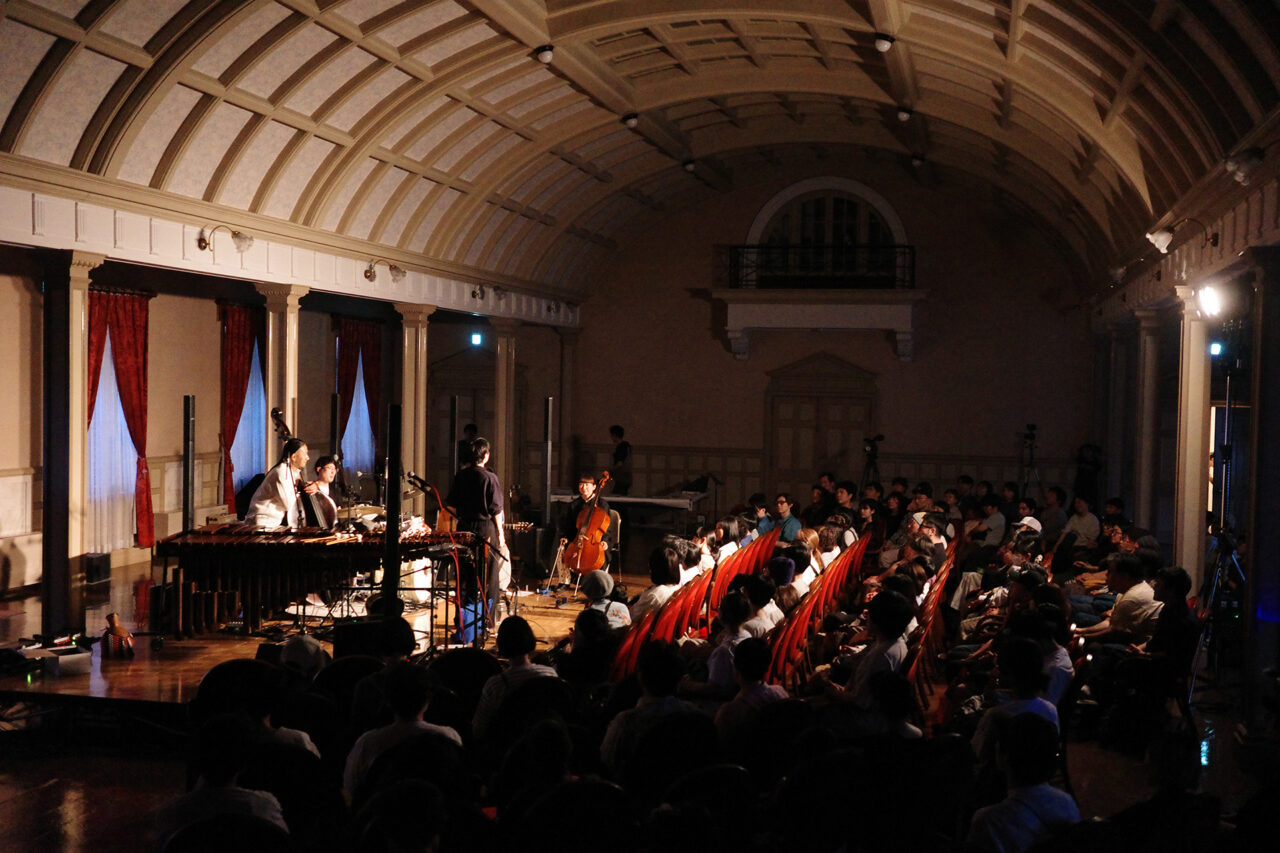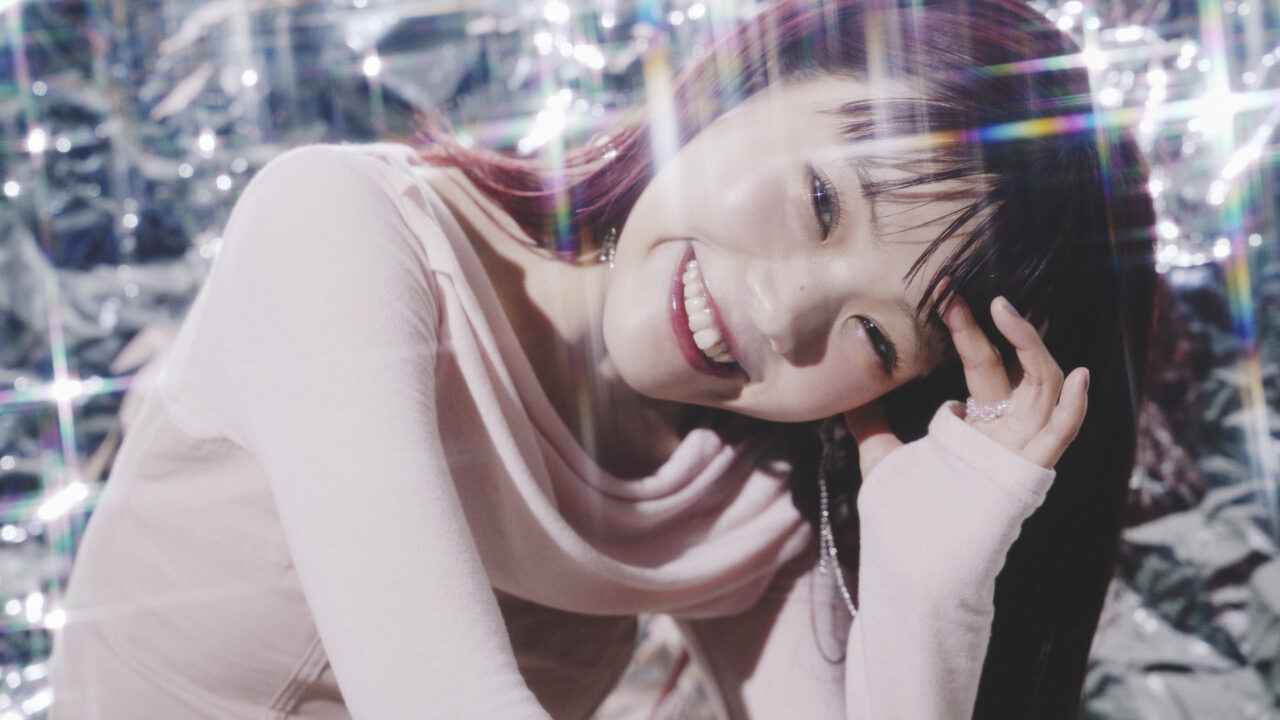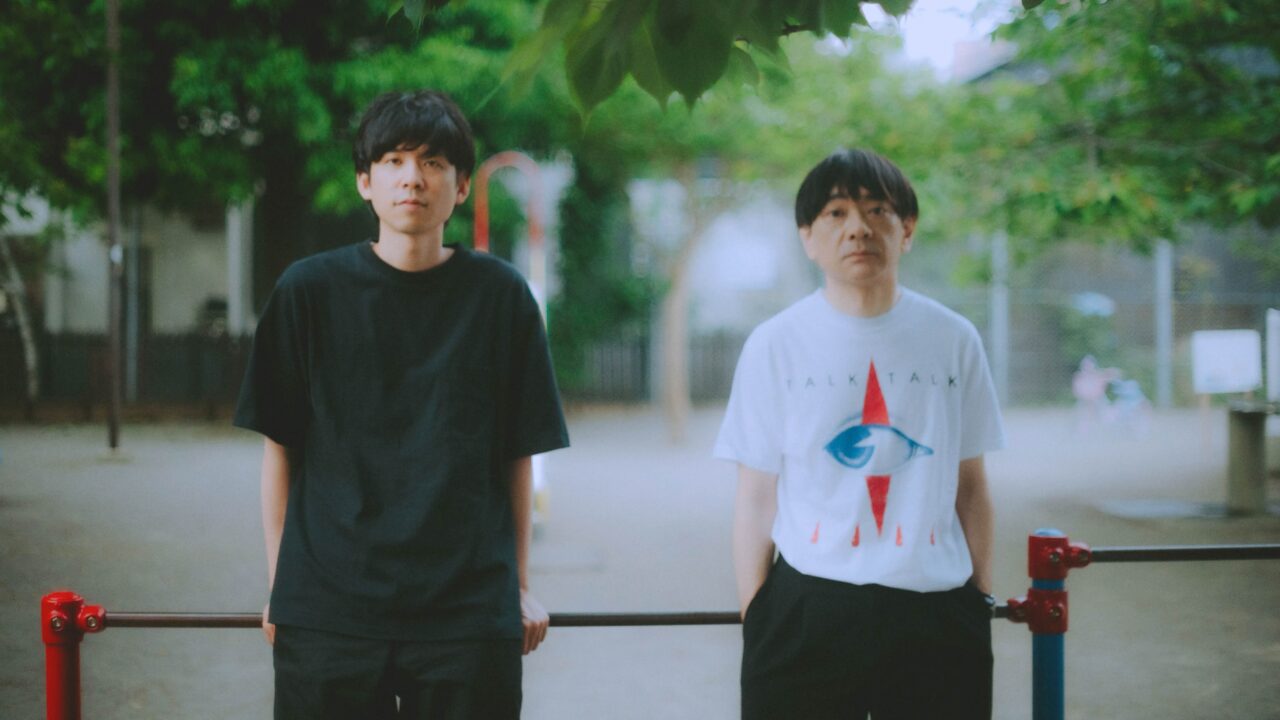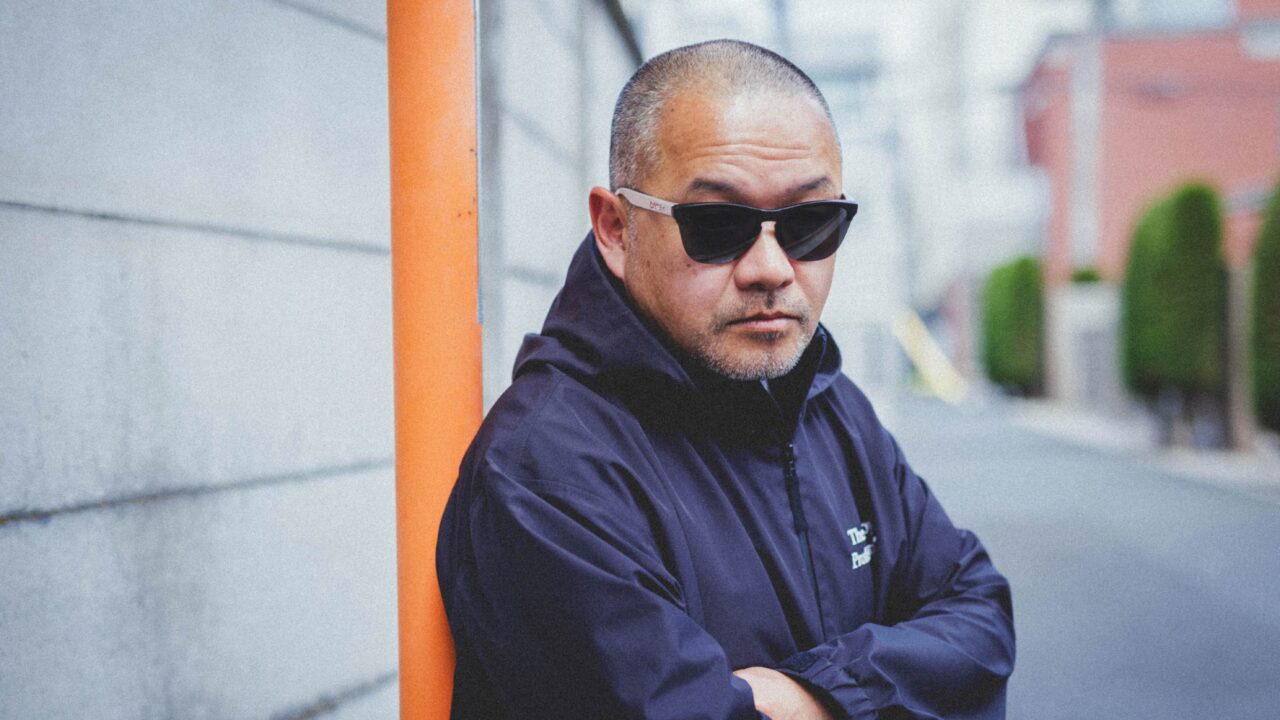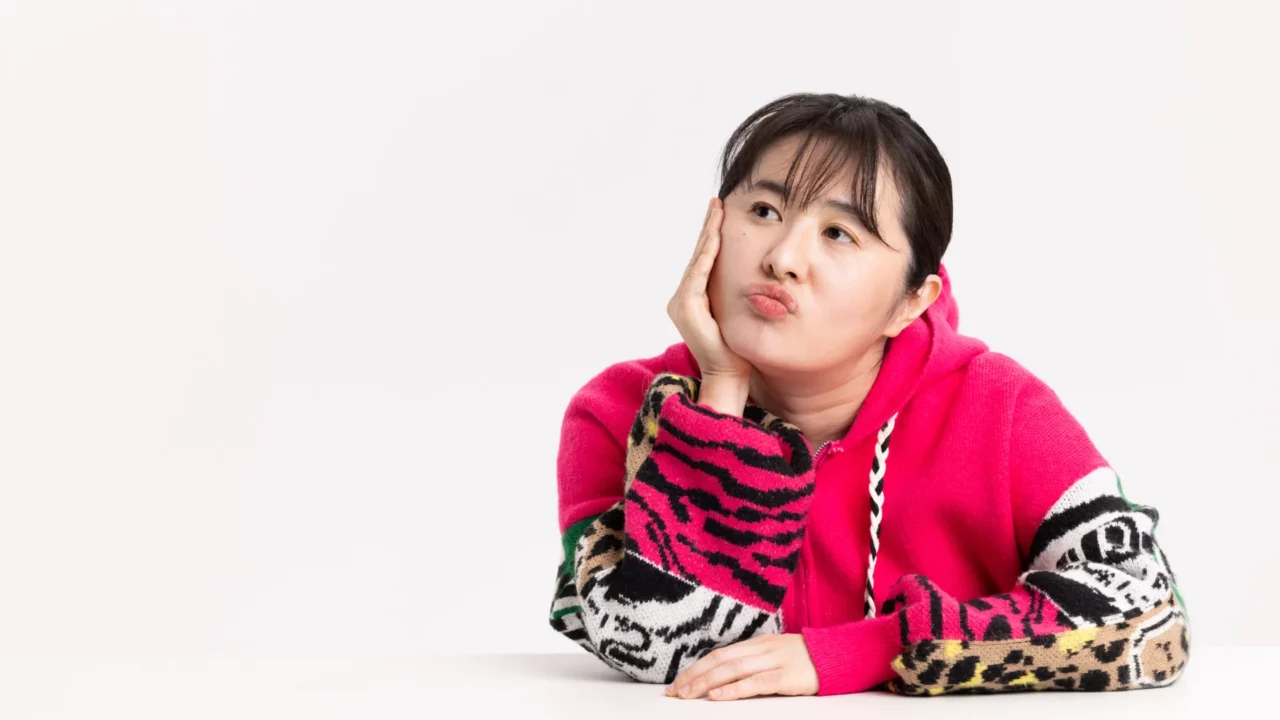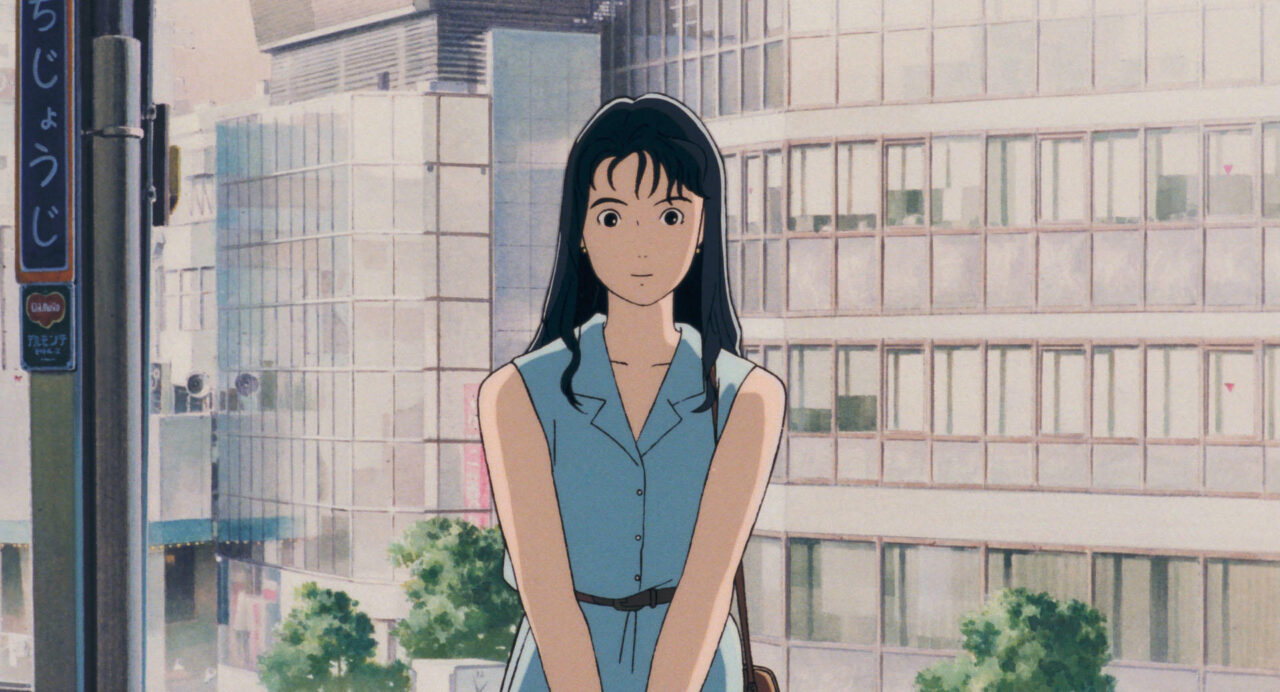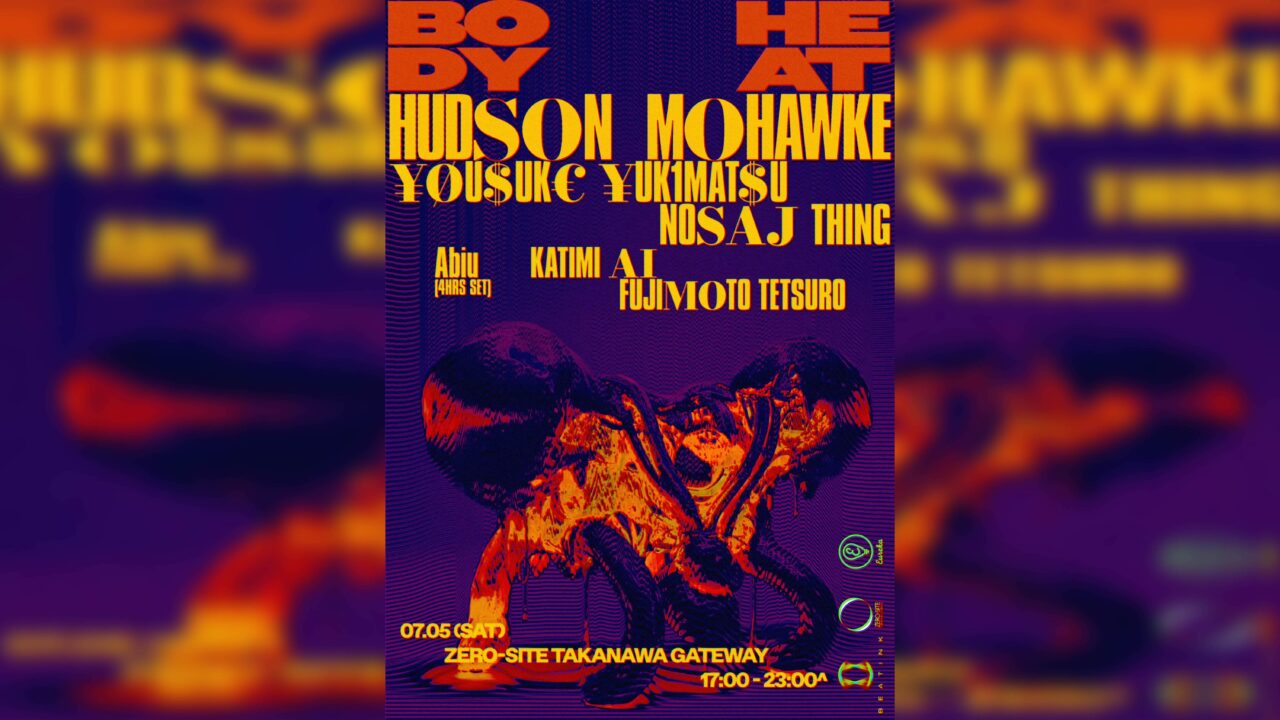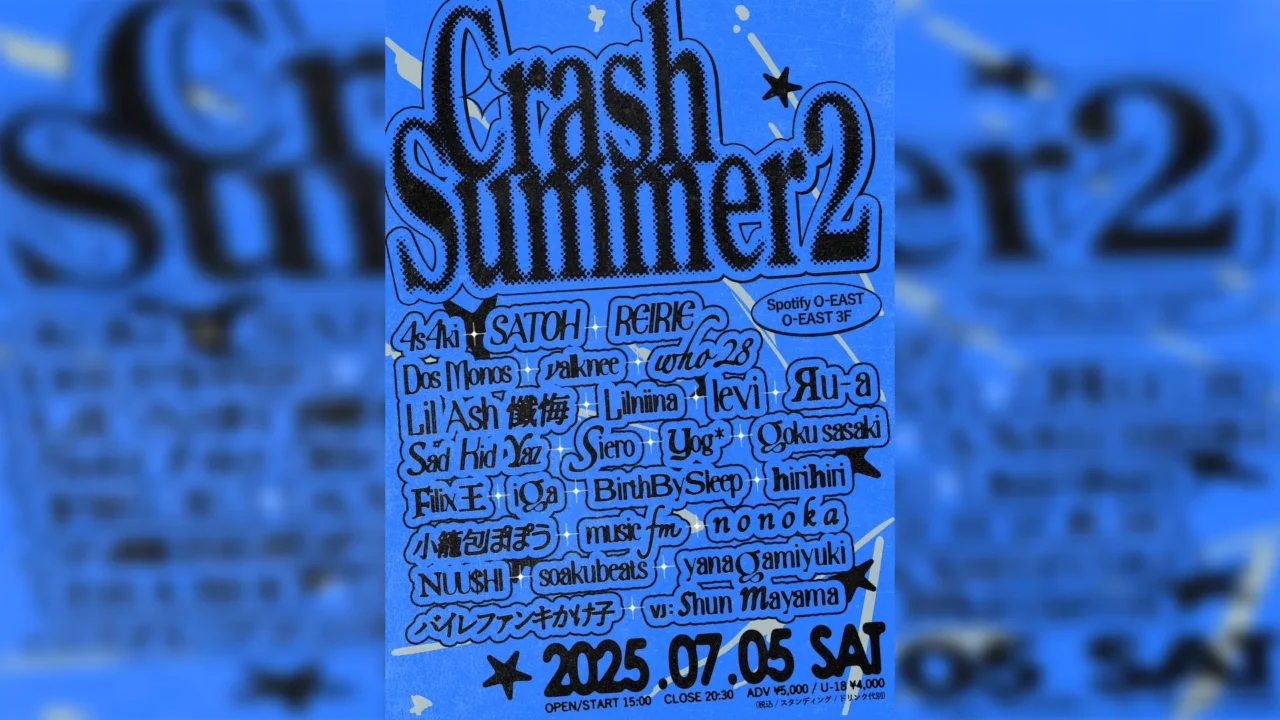A circle of friends connected by goo touch! The “FIST BUMP” corner of the radio program “GRAND MARQUEE” features people who live and enjoy Tokyo in a relay format.
On December 12, Ryosuke Sugamata, owner-patissier of the patisserie “Ryoura” in Yoga, Setagaya-ku, will appear. We talked with him about his backbone, which is that he is actually not fond of dairy products, and the story behind the creation of his own style of sweets and store.
INDEX
The closest thing I had to sweets as a child was sweets made at home.
Celeina (MC): First of all, let me introduce your profile. Ryosuke Sugamata was born in Niigata Prefecture in 1976. After graduating from high school, he entered the world of confectionery and spent 3 years training in various places in France starting at the age of 26. In October 2015, he opened “Ryoura” in Yoga, Setagaya-ku, Tokyo, where he is the owner patissier. In addition to his store, he is also active in the media and workshops.
Takano (MC): Mr. Sakai, who appeared yesterday, referred to you as “the artisan who makes the most cakes in Japan.
Celeina: How many cakes do you make every day?
Sugamata: He was exaggerating a bit. (laughs) But I make quite a lot, about 500 to 600 pieces of fresh cakes.
Celeina: In one day?
Sugamata: Yes, every day. I also bake about 2,000 cookies and 500 to 600 macaroons every other day.
Celeina: What time do you start in the morning?
Sugamata: We start as early as 6:30 a.m., and from there we prepare for the opening.
Celeina: So the delicious sweets that we eat every day are made from the very beginning of the morning.
Takano: Really. We should all be thankful for that.
Sugamata: It’s okay, we’re having fun.
Celeina: Did your family have a confectionery shop?
Sugamata: I grew up in an environment where my mother’s family owned a Japanese-style confectionery, and my father made cakes in the Western confectionery section.
Celeina: So sweets were a familiar part of your life from a young age.
Sugamata: I thought they were a natural part of life. Since we were on Sado Island, there were no convenience stores nearby at that time. That’s why I felt that my parents’ sweets were the only thing I could eat close to home.
Takano: That is an enviable environment.



